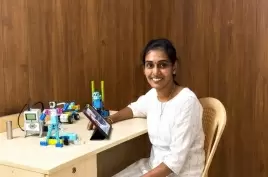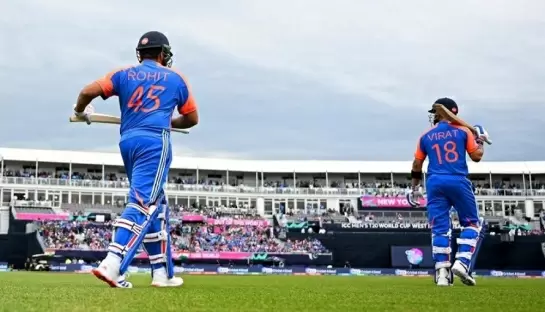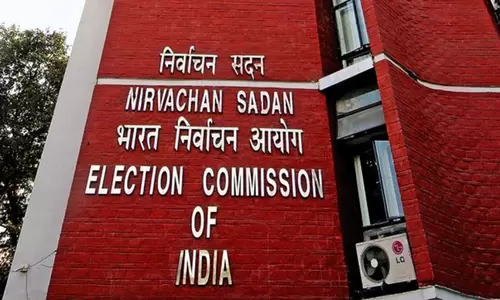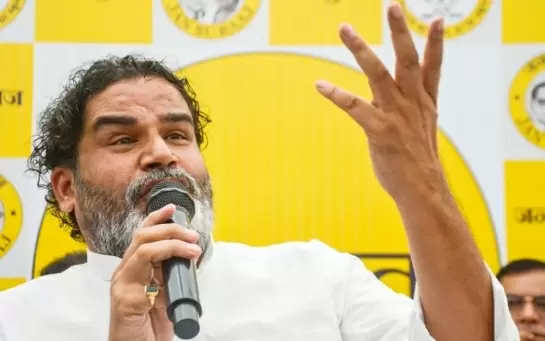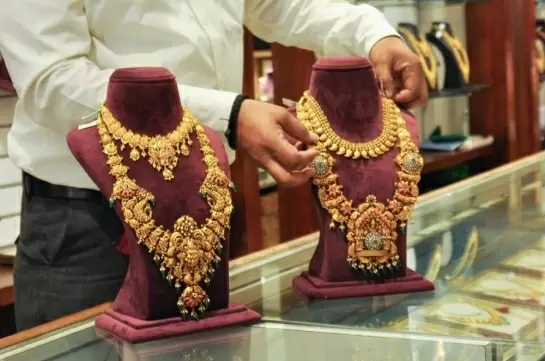‘Disguised environmentalists’ remain in the shadow of the great democratic carnival
10-May-2014
Vol 5 | Issue 19
As the country celebrates the high voter turnout, there is a significant chunk of the population - some tens of thousands - that never got an opportunity to exercise their franchise.
It’s the vast army of ragpickers, who live literally on the streets or around garbage dumps, most of whom are migrants, and as yet there are no provisions for them to get themselves enrolled as voters as they all lack identity proof.
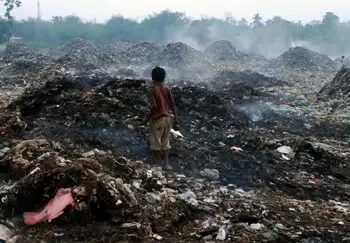 |
|
Rag pickers, who eke out a living by scavenging rags and other rubbish, do not have any identity proof and so cannot exercise their franchise(Photo: Indian Photo Agency)
|
This means they remain untouched by India's democracy and which never meets their aspirations. According to NGOs working for their cause, in Delhi alone there are close to 50,000 rag pickers and nationally their numbers can be as high as 200,000, out of which 100,000 are children.
"My day starts early, and never really ends. I reach the landfill at 7 every morning and sometimes spend my nights there. Where do I take out the time to vote?" asked Yasmin, a rag picker who spends her day among the filth and squalor at south Delhi's Okhla landfill.
Hailing from Assam, Yasmin, who goes by her first name, added that her work, which involves picking out metal scrap, helps her earn at least Rs.200 per day.
"My earning depends on the quantity of metal I manage to collect on a particular day. I have a young daughter to feed, I cannot afford to miss a single day's work," she added, while her daughter kept nudging her to leave.
Rag pickers, who eke out a living by scavenging rags and other rubbish, form an important link in the waste management cycle. Yet they have been continuously ignored by the government.
With constraints of not being able to take even a day off, these workers also do not have valid proof of identity that will help them to access the means to vote.
"Leaving alone a birth certificate, I do not have any identity proof; so it is not possible to vote," said Sudhano Mondal, a 24-year-old ragpicker.
Mondal, who is from West Bengal, said that though a drive to give Aadhar cards to the people in the area where he lives was initiated, it was stopped mid-way. Mondal and many other ragpickers inhabit the Tehkhand and Tughalabad region in south Delhi.
"I do not know what happened. We heard that we will be given the cards, but the drive never materialised," he shrugged.
According to Chitra Mukherjee, manager (advocacy and outreach) of NGO Chintan: "The government is to be blamed for their plight."
"They are an important part of the waste management cycle but the government fails to understand and acknowledge their role," said Mukherjee.
In 2001, waste-picking was included among the hazardous occupations banned under the Child Labour (Prohibition and Regulation) Act. But apart from this very brief mention, rag picking is ignored in legislation on child labour.
"Our government does not understand the role of waste pickers in the waste management process. We should try and work towards bringing them into the mainstream," Mukherjee said.
The experts also believe that the ragpickers also save almost 14 percent of the municipal budget annually.
As the ragpickers climb mountains of filth and sneak their way into a landfill, this also poses a lot of health hazards.
"But no one gives them the importance they deserve. Imagine the condition of this already overflowing site had they not been working," the official in-charge of the Okhla landfill said, pointing to the rag pickers busy rummaging through the mountain of waste.
According to Sanjay Gupta, director of Chetna, an NGO working for street children, "there are no official figures on the rag pickers' population".
Without identity, their problems are manifold and not just confined to being able to exercise the right to vote.
"There are no schemes for us to take loans. Hence we end up taking loans from local money lenders at very high interest rates. It gets extremely difficult to make ends meet and pay off our debts. The government was not bothered in the past and no government will be in future," said Raju, a 32-year-old resident of Tughlaqabad village.
Sharing a similar problem, Murshida said: "Not having a voter card is a big issue, especially when you want to apply for a gas connection. We have to pay a three times higher price for getting a cylinder."
Echoing similar feelings, Janara Khatoon said: "We left Bengal and my entire family has been living in Delhi for the past 20 years. Since we belong to neither Bengal nor Delhi we do not have a single identity proof, forget a voting card." - IANS




